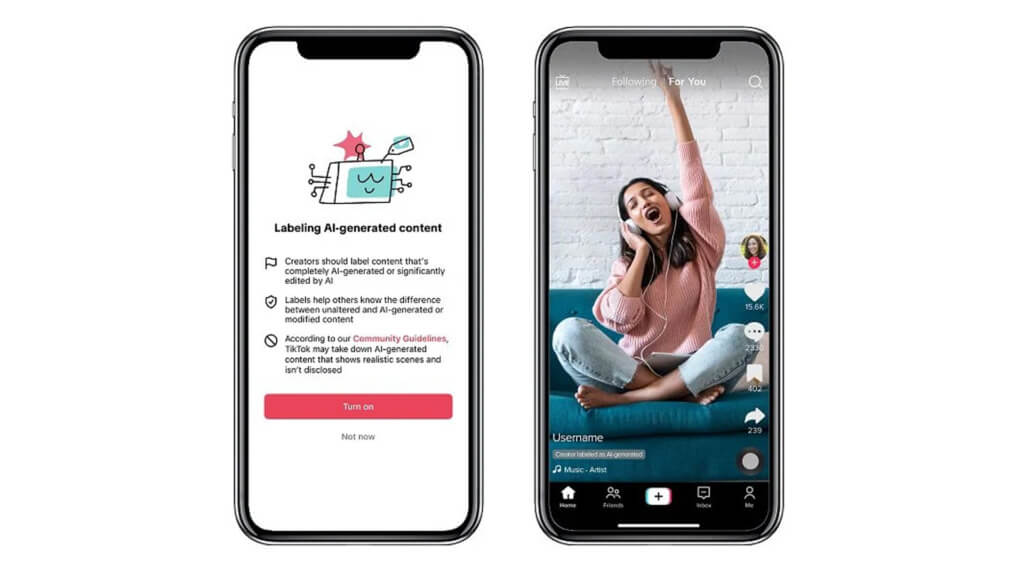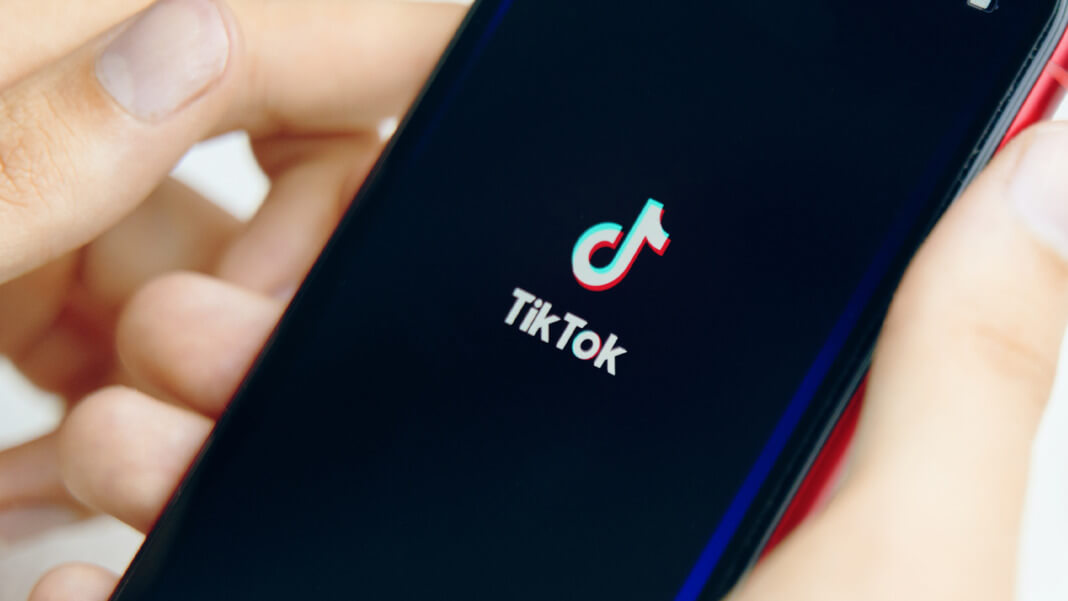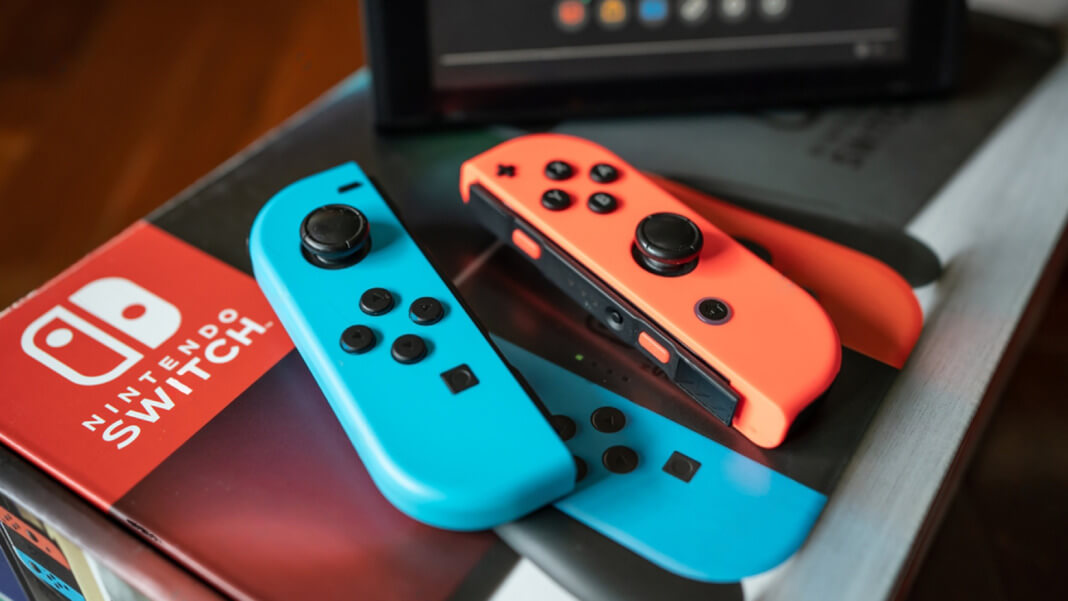After trying out its latest feature with a handful of users, TikTok has officially made it mandatory for content creators to use in-stream labels for content made using Artificial Intelligence (AI). This move aims to bolster transparency within the app.
What do these labels entail?
If you’ve posted on TikTok using AI, you must add a label to your post, ensuring others know about AI involvement. Refrain from doing so, and you might find your post taken down. One such label spotlighted is the “Creator labelled as AI-generated” tag. This addition hopes to curtail any misinformation and reduce confusion on the app.

According to TikTok, the goal is simple: “AI offers an array of exciting creative chances, but there’s a risk of viewers being misled if they’re unaware of AI’s hand in content creation. By adding labels, we’re letting viewers know when AI has played a major role in crafting the content. We’re giving creators a tool to keep their followers informed about AI-generated posts.”
Why is this important?
There’ve been instances where AI-generated images, like a digitally crafted image of The Pope in casual attire or a fabricated explosion near The Pentagon, have led to confusion. With AI technologies continuously improving, there’s a real chance of this problem escalating. That’s why platforms like TikTok are looking to take proactive measures now to prevent any adverse effects in the future.
A recent high-level AI regulation discussion in Washington highlighted this exact concern. The conversation’s crux was clear: AI content regulations are essential. The real question, however, is whether new guidelines can be introduced swiftly enough to keep up with the rapid pace of technological advancements.
TikTok takes the lead
Though TikTok revised its guidelines around AI-generated content earlier this year, they’re only now amplifying their efforts by introducing these specific labels during the content upload process. TikTok has set a precedent, becoming the first major platform to introduce a dedicated AI-generated tag.
But they’re not alone in this endeavour. Platforms like Instagram are also in the process of crafting their AI content labels. Even YouTube is preparing itself for the anticipated surge in AI-created content. Meanwhile, other platforms rely heavily on community-driven annotations to keep users in the loop about AI-generated materials.
The broader picture
The new label isn’t just a regulatory tool; it’s also a way for creators to flaunt the innovative methods behind their content. The label can be applied to any content piece that has been either wholly produced or substantially tweaked using AI. This aligns with TikTok’s Community Guidelines introduced earlier this year, which ask users to label AI-generated content featuring realistic images, sounds, or videos. This helps viewers understand the content’s context and averts the spread of potentially misleading information.
As AI tools continue to sprout daily, there’s a genuine hope that all major platforms will adopt similar measures and maybe even integrate AI image detectors, albeit challenging, to counter any misuse effectively.





